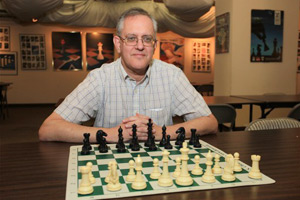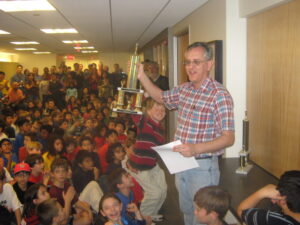Chess imparts lasting benefits and creates lasting friendships
- by David Mehler
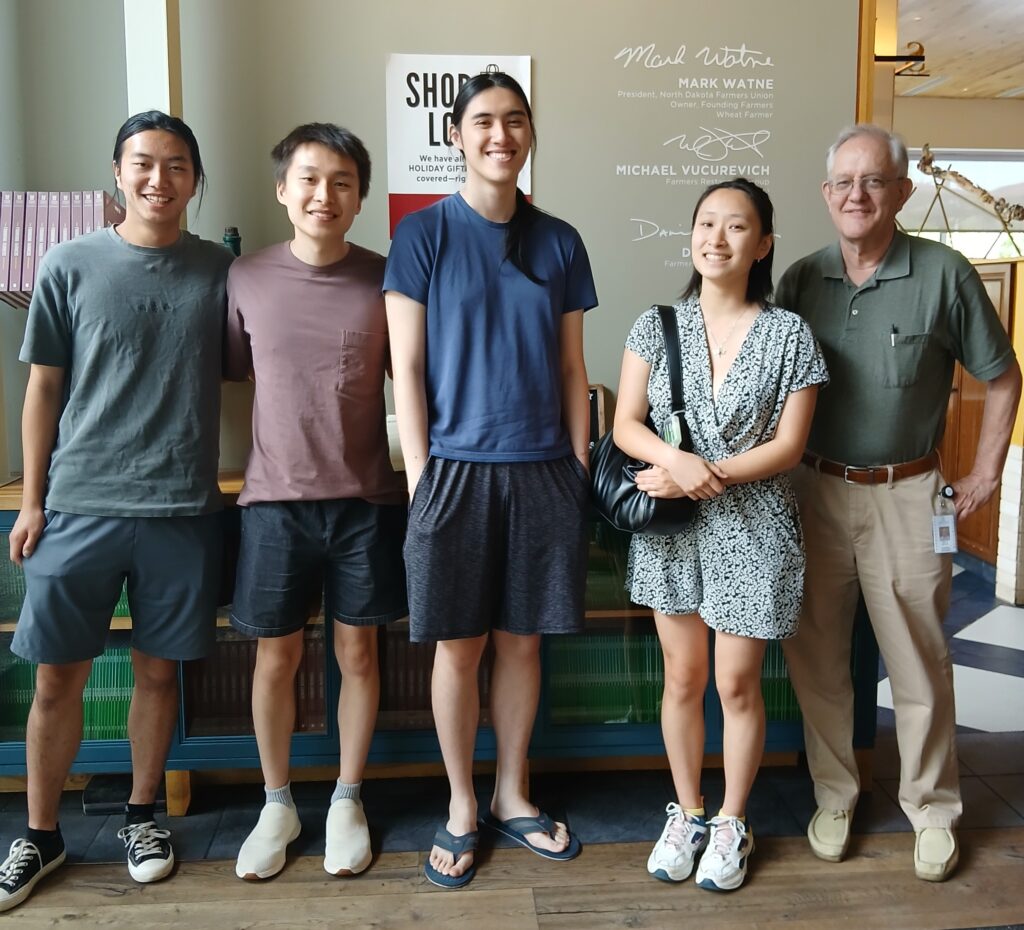
In the decades I have been involved with chess, I have enjoyed my friendships with players more than playing the game itself. Some of those friendships have lasted more than fifty years.
Having been a chess teacher and coach for quite a while, another enjoyment that nearly equals those friendships has been to watch my students grow into adults. Seeing students become parents and bring their children to our classes is very gratifying. It suggests that those former students recognized the value of learning chess.
Recently, a group of recent college graduates who had kept in touch with each other since they had been students at Churchill Road Elementary School invited me to lunch. These brilliant students, mainly computer engineers but one who is becoming a materials engineer, wanted to catch up with me.
We discussed their careers as chess players (all but one still play competitively) and professionally. It seems likely that they would have had successful lives without learning chess, but the friendships they developed over the board and the competitive skills they learned have been wonderful.
Chess enhances people’s lives. It helps people from diverse backgrounds create relationships. It improves skills society values. It is an enjoyable way to become better people. I am grateful for the opportunities I have had to meet talented people because of their interest in chess and I hope that those opportunities continue for others as well as myself.
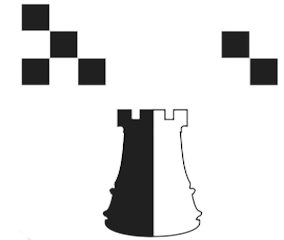
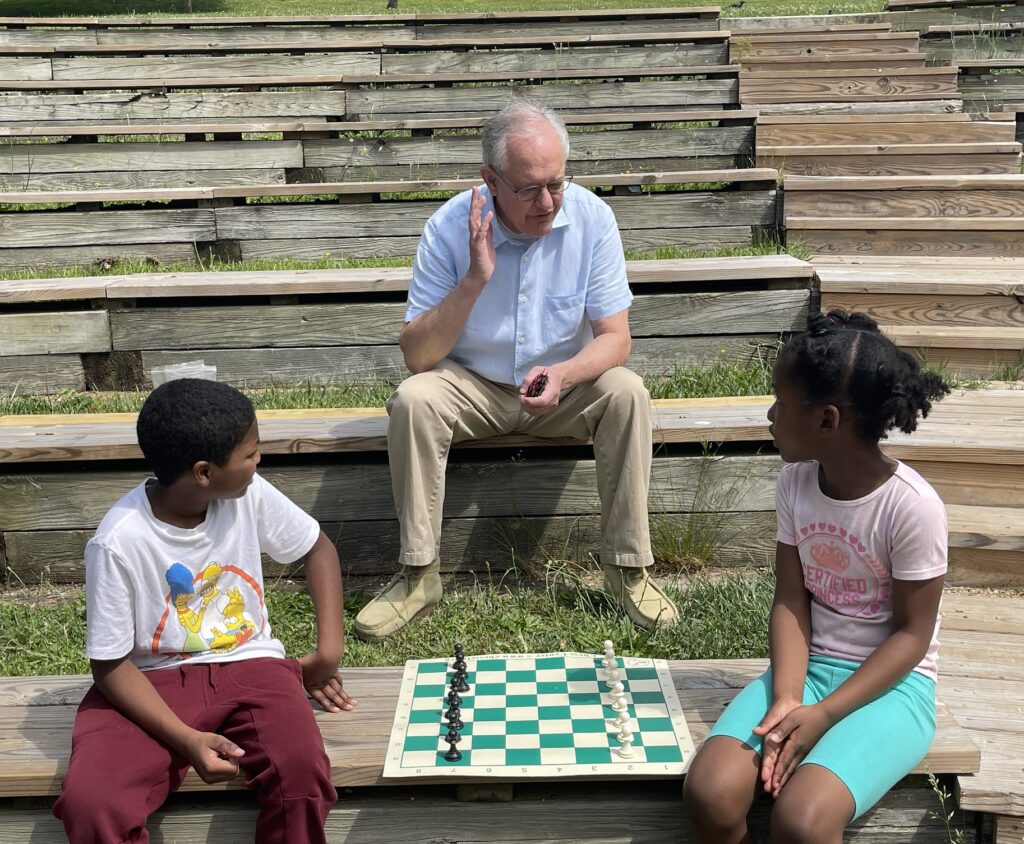
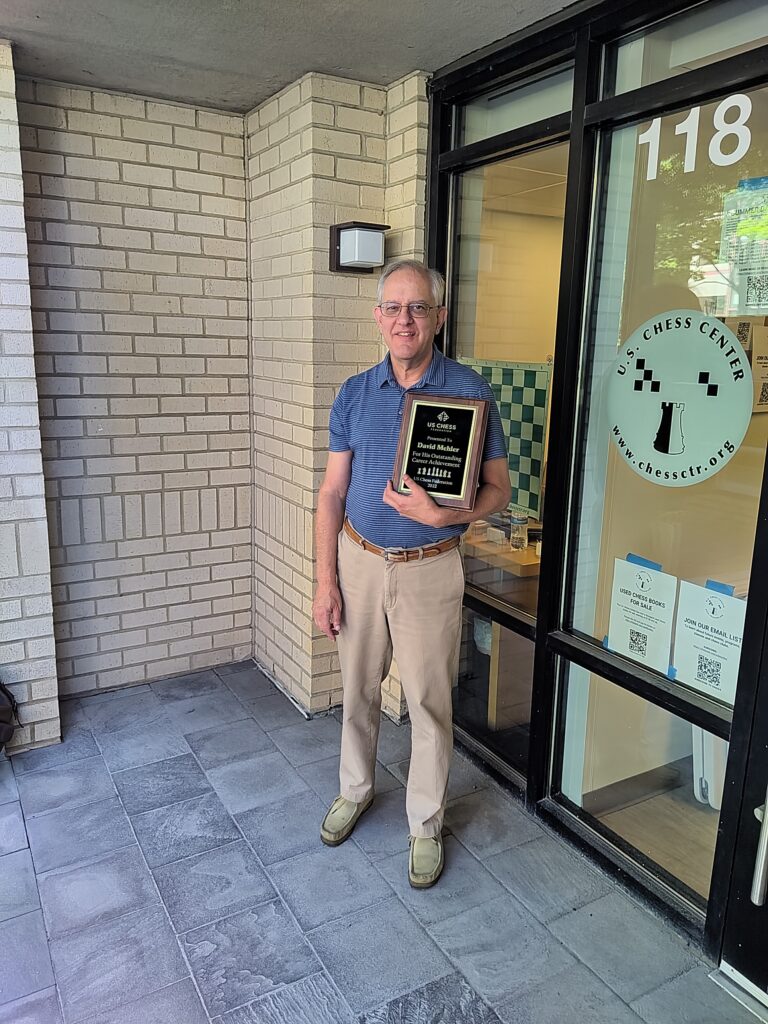
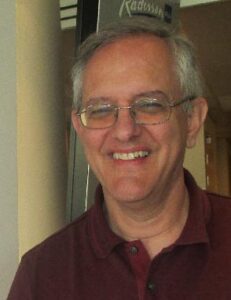 The seeds of my love of teaching were planted in college — not because I had inspirational professors, but through my experiences as a founder of the Pail & Shovel Party. (Google it. I was gone by the time the flamingos landed and the Statue of Liberty arrived, but was involved with the conceptual stage.) Pail & Shovel taught me that anything can be turned into entertainment, entertainment holds people’s attention, and through that attention, education takes place.
The seeds of my love of teaching were planted in college — not because I had inspirational professors, but through my experiences as a founder of the Pail & Shovel Party. (Google it. I was gone by the time the flamingos landed and the Statue of Liberty arrived, but was involved with the conceptual stage.) Pail & Shovel taught me that anything can be turned into entertainment, entertainment holds people’s attention, and through that attention, education takes place.